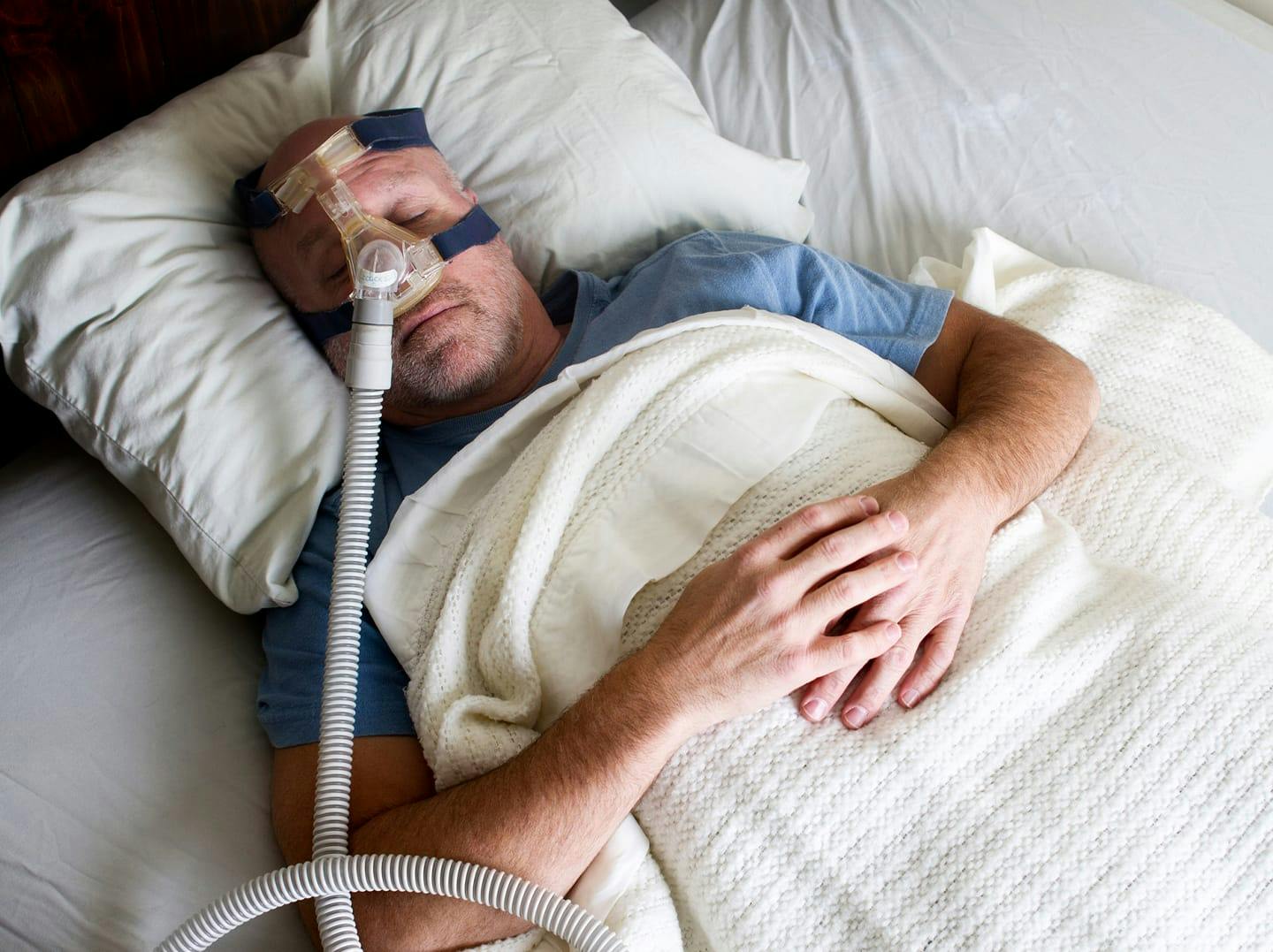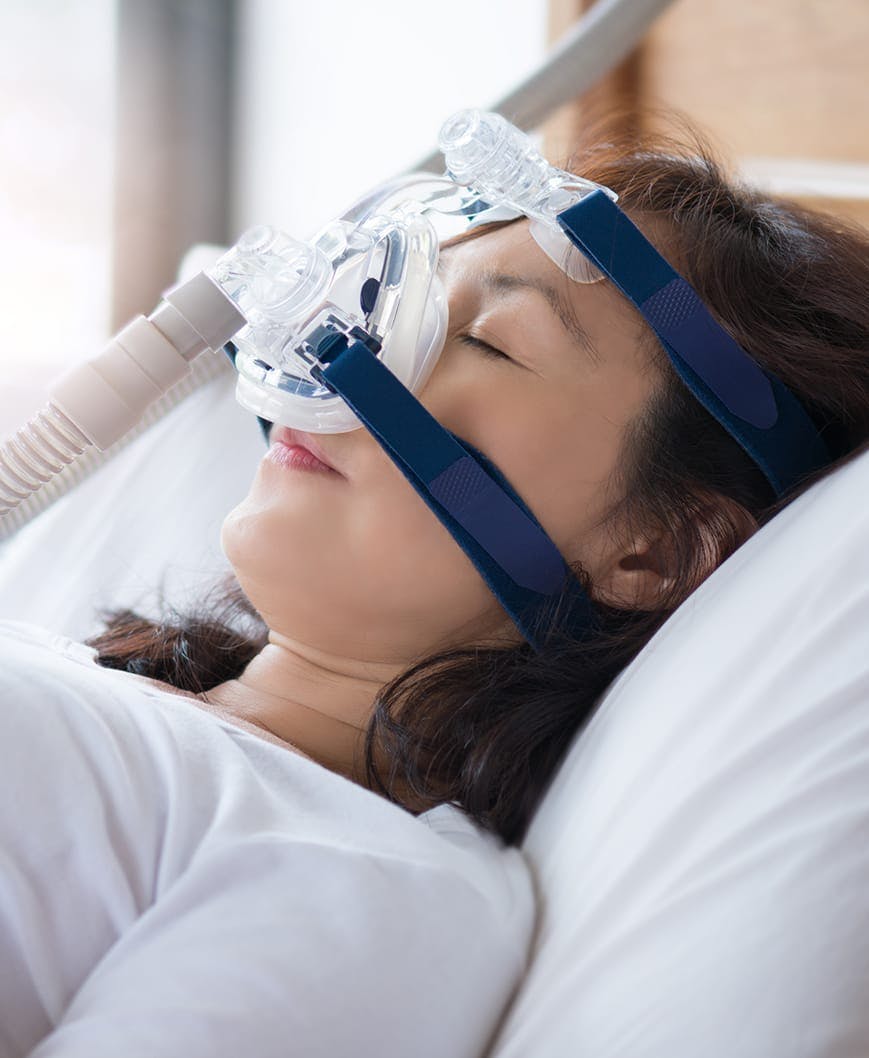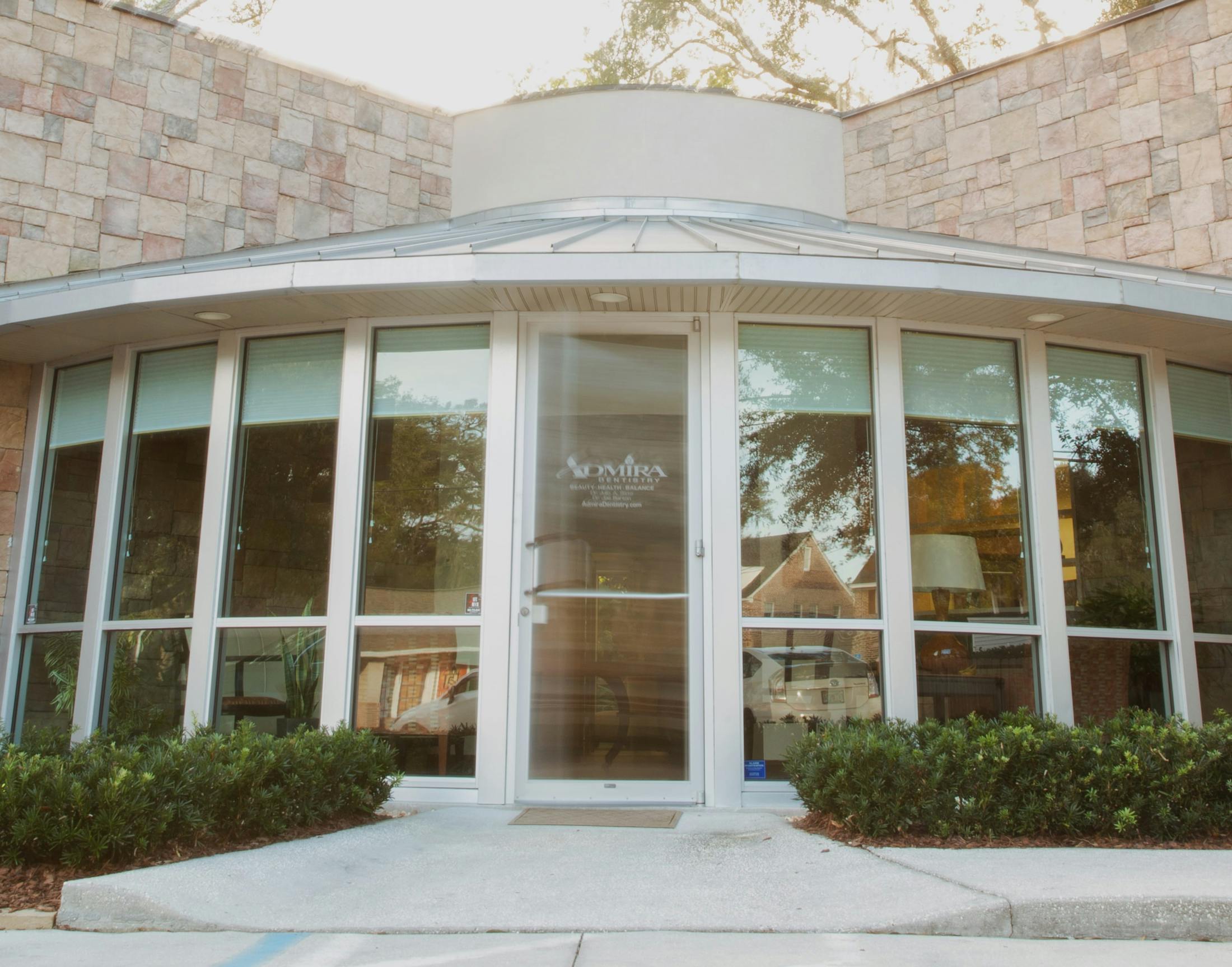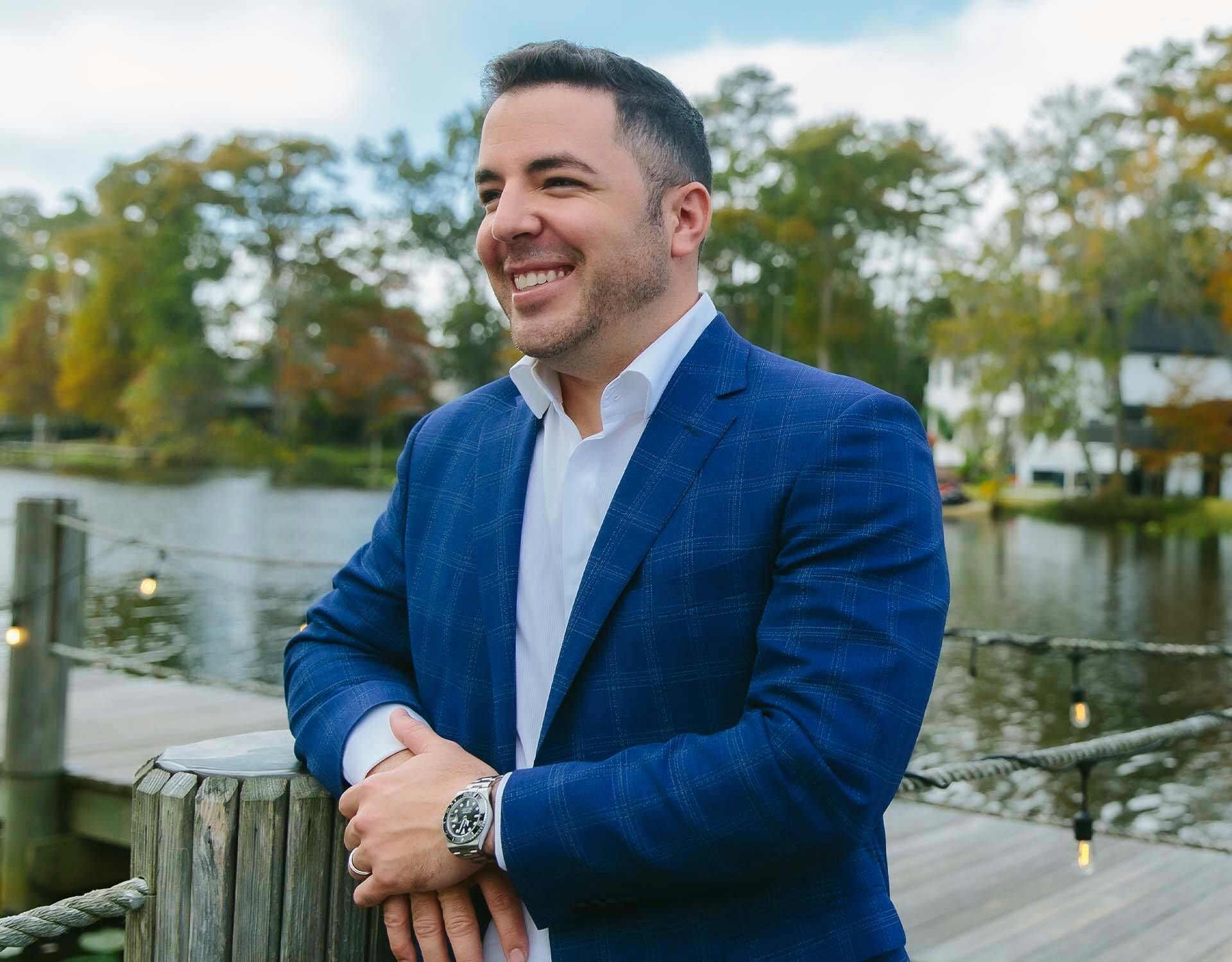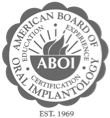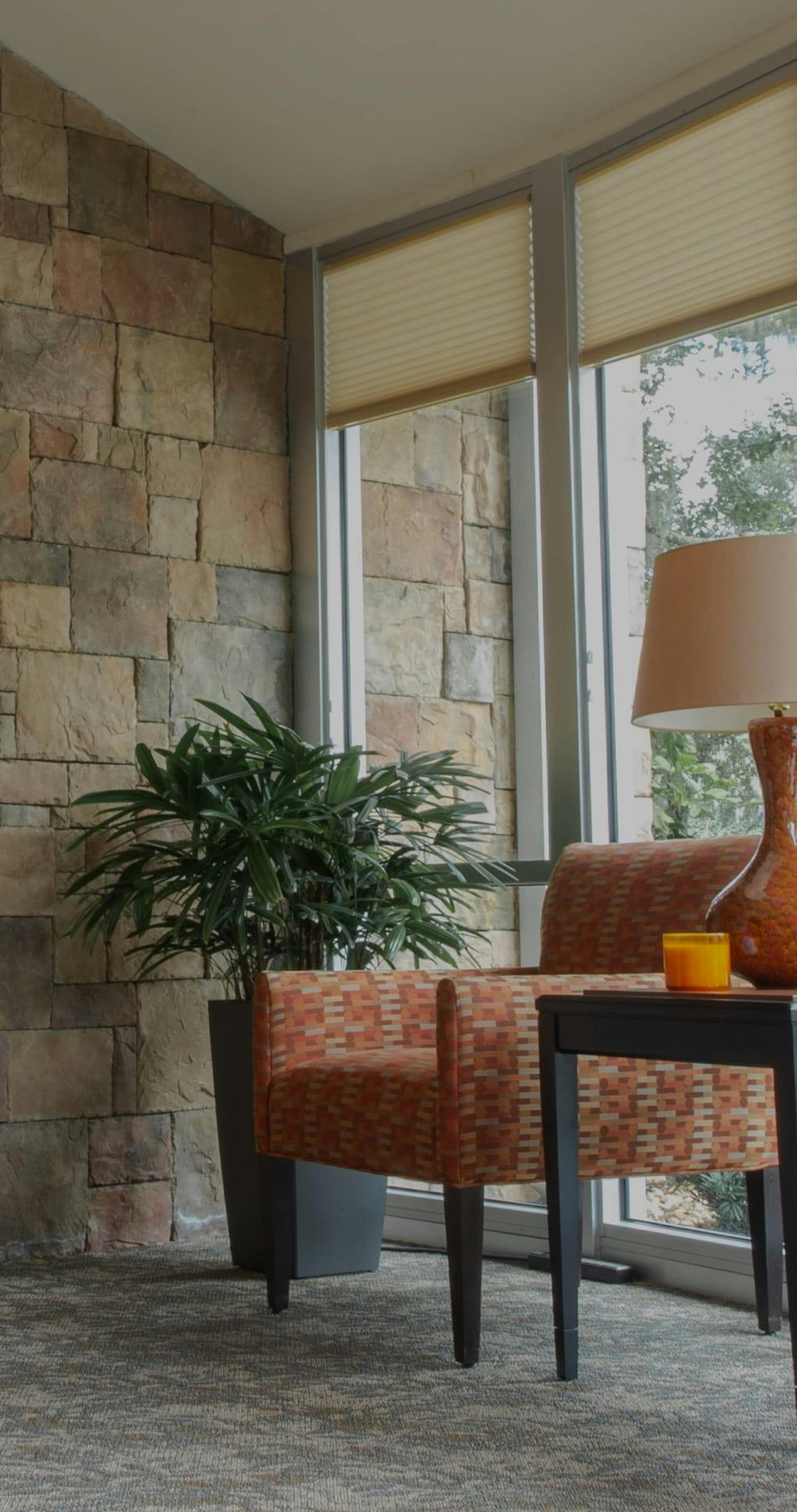During treatment of our Temporomandibular Joint Disorder (TMD) guests, we eventually noticed a reoccurring theme, in that some guests were not healing quickly or not healing at all. Upon further discussion of their medical histories, we found that sleep apnea is tied to a wide variety of common health issues. At Admira Dentistry, we can help treat your sleep apnea in Jacksonville.
Going Above and Beyond the CPAP Machine
Many guests are given a CPAP machine to treat their sleep apnea, but these appliances aren’t for everyone—especially guests who suffer from severe OSA, where the CPAP is the gold standard. When working with our guests’ physicians as a team, we can collectively help determine what is best for each individual, tailoring your treatment to the specifics of your case.
These decisions are achieved through home sleep testing with devices like the MEDIBYTE, which provides information on breathing and sleep patterns, and/or through studies conducted at conventional sleep centers. Thoroughly gathering information helps us decide whether or not you might be suited to a sleep apnea treatment like an oral appliance or change in diet.

